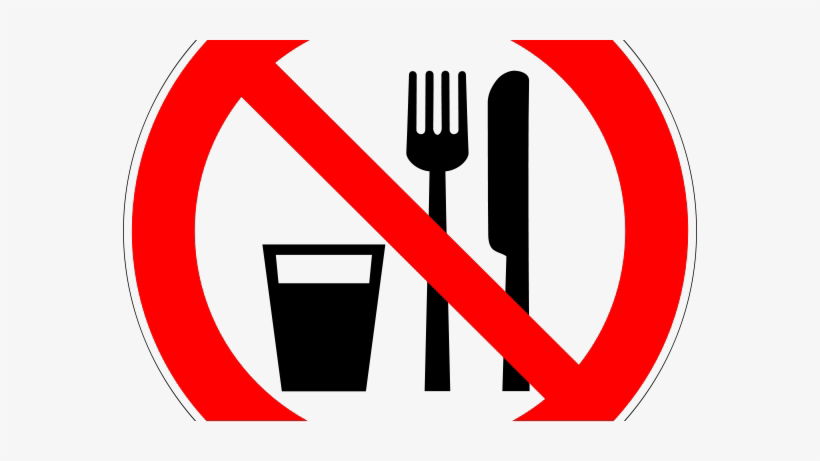Health Benefits of Fasting

The Science of Fasting
Please note our content is intended solely for informational purposes and should not be used in place of official medical advice.
A large body of evidence supports that fasting cleanses our body of toxins and forces cells into processes that are not usually stimulated when a steady stream of fuel from food is always present. When we fast, the body does not have its usual access to glucose, forcing the cells to resort to other means and materials to produce energy. As a result, the body begins gluconeogenesis, a natural process of producing its own sugar. The liver helps by converting non-carbohydrate materials like lactate, amino acids, and fats into glucose energy. Because our bodies conserve energy during fasting, our basal metabolic rate (the amount of energy our bodies burn while resting) becomes more efficient, thereby lowering our heart rate and blood pressure. Ketosis, another process that occurs later into the fast cycle, happens when the body burns stored fat as its primary power source. This is the ideal mode for weight loss and balancing blood sugar levels. Fasting puts the body under mild stress, which makes our cells adapt by enhancing their ability to cope. In other words, they become strong. This process is similar to what happens when we stress our muscles and cardiovascular system during exercise. As with exercise, our body can only grow stronger during these processes when there is adequate time to rest and recover. That’s why short-term fasting is recommended.
Health Benefits of Fasting
Although fasting can be challenging and sometimes uncomfortable, the mental and physical benefits can:
- Boost cognitive performance and brain performance and prevent neurodegenerative disorders
- Protect from obesity and associated chronic diseases
- Reduce inflammation
- Improve overall fitness
- Support weight loss
- Decrease the risk of metabolic diseases
- Benefit cancer patients — A recent study with mice and cancer showed that fasting during chemotherapy jump-starts the immune system and exposes the cancer cells. Ridding the body of old, toxic cells and replacing with new, healthy ones may be just the answer. Traditionally, cancer patients have been told to increase nutrients and caloric intake while undergoing chemotherapy treatments but this approach might now be under review.
- Promotes blood sugar control by reducing insulin resistance
- Enhance heart health by improving blood pressure, triglycerides, and cholesterol levels.




